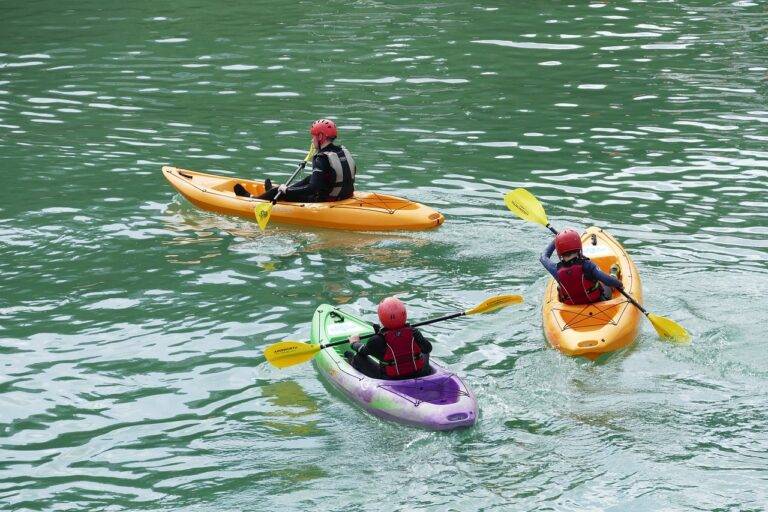The Rise of Ethical Travel: Supporting Local Communities and Conservation Efforts
When venturing off to explore new destinations, it is imperative to consider the impact our travels have on local communities and environments. Ethical travel encompasses making conscious choices that prioritize the well-being of the places we visit and the people who call these destinations home. By being mindful of our actions and decisions as travelers, we can contribute positively to the preservation of cultures, traditions, and the environment.
Engaging in ethical travel involves supporting local businesses, respecting local customs, and being mindful of our environmental footprint. By choosing to stay in locally-owned accommodations, dining at family-owned restaurants, and purchasing souvenirs directly from artisans, travelers can help in empowering local economies and preserving the authenticity of the destinations they visit. Additionally, practicing sustainable tourism behaviors such as reducing waste, conserving resources, and supporting conservation efforts can help mitigate the negative impacts of tourism on natural habitats and wildlife.
• Supporting local businesses
• Respecting local customs
• Being mindful of environmental footprint
By staying in locally-owned accommodations, travelers can empower local economies and preserve authenticity.
Dining at family-owned restaurants helps support the community.
Purchasing souvenirs directly from artisans contributes to preserving traditions.
Practicing sustainable tourism behaviors like reducing waste and conserving resources can help mitigate negative impacts on natural habitats.
Supporting conservation efforts can protect wildlife and ecosystems.
The Impact of Tourism on Local Communities
Tourism can often bring both positive and negative consequences to local communities around the world. On one hand, tourism can create job opportunities, foster cultural exchange, and promote economic development in these areas. Local residents may benefit from increased revenue generated by tourism activities, leading to improved living standards and infrastructure within the community.
However, the influx of tourists can also lead to environmental degradation, cultural exploitation, and social issues within local communities. Overdevelopment of tourist infrastructure can harm natural habitats and resources, while excessive commercialization may distort authentic traditions and lifestyles. Additionally, communities may struggle with issues such as overcrowding, increased cost of living, and loss of control over their own cultural heritage.
Empowering Local Economies Through Sustainable Tourism
Sustainable tourism plays a vital role in empowering local economies by creating opportunities for community members to participate in and benefit from the tourism industry. By promoting responsible travel practices that prioritize environmental conservation and support local businesses, sustainable tourism helps to generate income and growth within communities that may otherwise struggle to prosper. This approach fosters a sense of ownership and pride among residents, as they become active participants in shaping the development of their own communities through tourism.
Moreover, sustainable tourism initiatives contribute to the preservation of cultural heritage and traditional practices, further enriching the tourism experience for visitors and creating a unique sense of place. By highlighting the distinct characteristics of a destination and engaging with local artisans, farmers, and entrepreneurs, sustainable tourism helps to diversify the economy and showcase the authenticity of a community. As travelers increasingly seek authentic and meaningful experiences, investing in sustainable tourism not only supports local economies but also preserves the identity and heritage of a destination for future generations to enjoy.
What is ethical travel and why does it matter?
Ethical travel refers to making responsible choices while traveling, such as supporting local communities, respecting the environment, and being mindful of cultural traditions. It matters because it can have a positive impact on the places we visit and help empower local economies.
How does tourism impact local communities?
Tourism can have both positive and negative impacts on local communities. While it can provide economic opportunities and support local businesses, it can also lead to issues such as overtourism, cultural commodification, and environmental degradation if not managed sustainably.
How can sustainable tourism empower local economies?
Sustainable tourism focuses on minimizing negative impacts and maximizing positive impacts on local communities. By supporting locally-owned businesses, promoting cultural exchange, and preserving the environment, sustainable tourism can help empower local economies and improve the well-being of residents.







